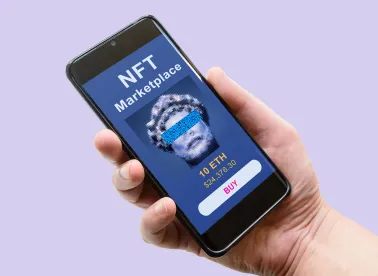We previously blogged about the NFT insider trading case against Nathaniel Chastain. He was charged with wire fraud and money laundering in connection with a scheme to commit “insider trading” in Non-Fungible Tokens (“NFTs”) by using confidential information about what NFTs were going to be featured on a marketplace homepage for his personal financial gain. Despite referring to this case as insider trading, there was no allegation that the NFTs at issue were securities. This caused many in the NFT community to question whether this activity could be illegal if the NFTs were not securities. In fact, there was a fair amount of misinformation circulated about this issue. To clarify the legal issues, we explained in a second blog about this case that there is Supreme Court precedent (Carpenter v. US) that found that mail and wire fraud charges need not be predicated on the underlying subject matter constituting a security. Nevertheless, Chastain moved to dismiss the indictment based on this and two other arguments. The Court refused to dismiss the indictment. The Court found that the Carpenter case “actually dooms Chastain’s argument.”
This decision makes clear that NFT insider trading charges may be viable even if the NFTs are not deemed securities. For this reason, we have recommended and continue to recommend that companies dealing in NFTs establish an NFT insider trading policy that supplements their insider trading policies under securities law. For more information on these policies, see our post on NFT Insider Trading Compliance Policies – What They Cover and Why You Need One.



 />i
/>i
